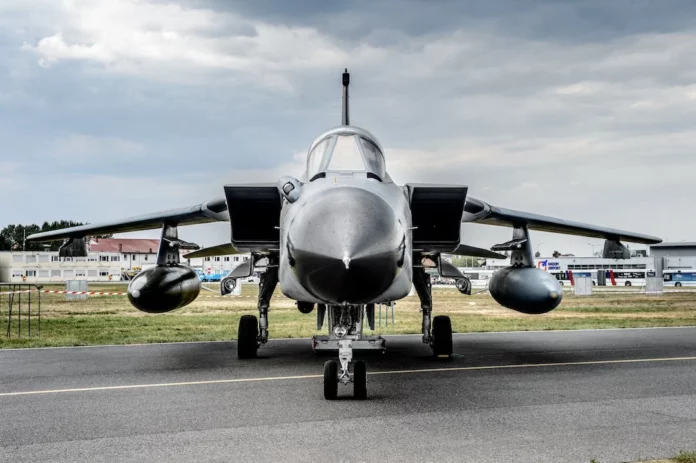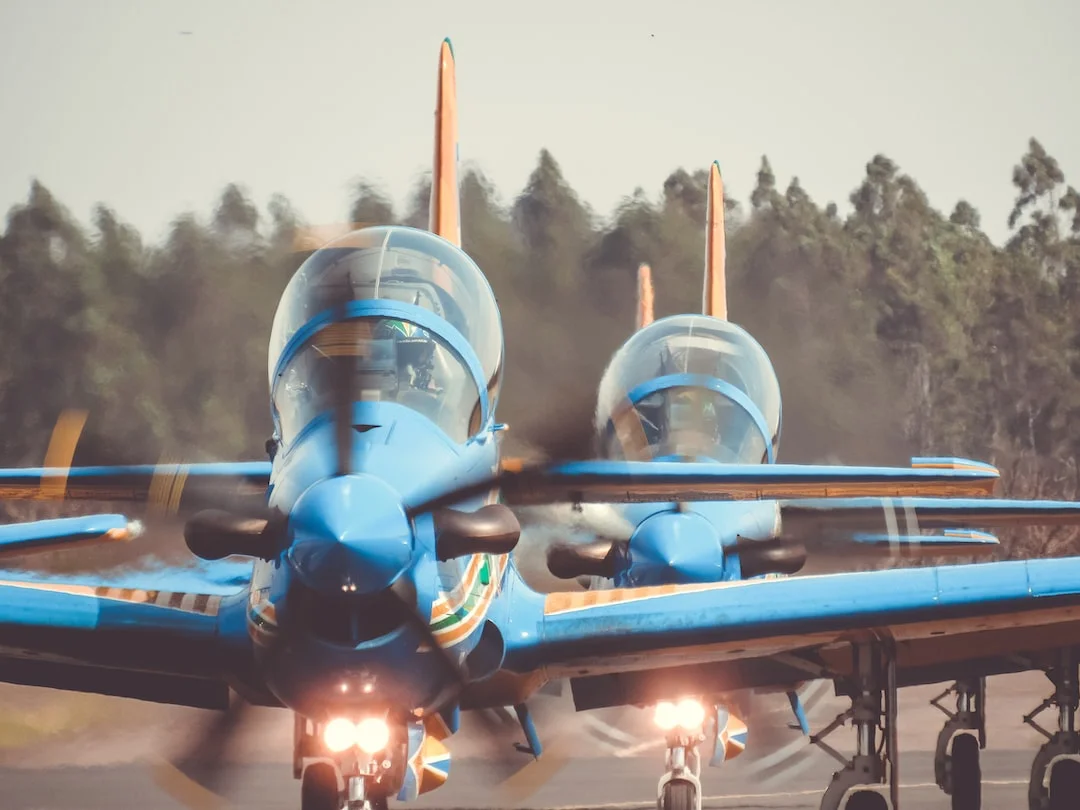The Boeing 737 is a widely used commercial aircraft that revolutionized the aviation industry with its efficiency and reliability. One important aspect of operating a Boeing 737 is understanding the Departure Arrival system, often abbreviated as DEP ARR. Departure Arrival refers to the process of planning and executing the departure and arrival of the aircraft at its scheduled destinations. It involves various procedures and protocols that are crucial for ensuring safe and timely flight operations.
In this article, we will delve deeper into the concept of Departure Arrival on Boeing 737 aircraft and explore its significance in aviation operations.
Contents
Understanding Departure Arrival Procedures
Departure Arrival procedures on the Boeing 737 encompass a range of activities that occur before, during, and after a flight. These procedures are designed to ensure smooth operations and enhance flight safety.
Pre-Flight Preparation
Prior to departure, the flight crew and ground personnel go through a comprehensive pre-flight preparation phase. This involves conducting a thorough inspection of the aircraft, checking fuel levels, and ensuring that all necessary equipment is on board. The air traffic control system assigns a specific departure slot to the aircraft, taking into account factors such as air traffic congestion and weather conditions.
During the pre-flight preparation, the flight crew also reviews the DEP ARR paperwork, which includes essential information such as the flight plan, passenger manifest, and cargo details. They carefully analyze the planned departure and arrival routes, taking into consideration factors like airspace restrictions and air traffic flow management.
Once all pre-flight checks are completed, the aircraft is ready for departure.
Departure Procedures
When it’s time for departure, the flight crew follows a set of procedures to ensure a safe takeoff. They undergo a brief final check, communicate with air traffic control, and obtain clearance for departure. The DEP ARR system plays a critical role in this process, as it helps the flight crew stay informed about any changes or updates to the departure procedures.
During the departure phase, the flight crew relies on various navigation aids, including the aircraft’s navigation systems and air traffic control instructions. They carefully follow the predetermined departure route, which is designed to optimize fuel efficiency and minimize risk.
Arrival Procedures
Upon reaching the destination, the flight crew transitions to the arrival phase. They communicate with air traffic control to receive guidance on the approach and landing procedures. The DEP ARR system assists the flight crew in managing critical information related to the arrival route, landing runway, and any changes to the arrival procedures.
During the final approach, the flight crew relies on a combination of visual cues and advanced instrument landing systems to safely bring the aircraft to the ground. The Boeing 737, equipped with advanced avionics and navigation technology, ensures precision and accuracy during the landing process.
The Importance of Departure Arrival on Boeing 737
Understanding the Departure Arrival system is crucial for smooth and efficient flight operations on the Boeing 737. Here are a few reasons why DEP ARR is of utmost importance:
Flight Safety
Flight safety is always the top priority in aviation, and the Departure Arrival system plays a critical role in ensuring it. By following established procedures and guidelines, the flight crew can minimize risks and maintain the highest level of safety during takeoff and landing. The DEP ARR system provides essential information and updates, enabling the flight crew to make informed decisions in real-time.
Moreover, the Boeing 737’s advanced avionics and navigation systems enhance situational awareness, allowing the flight crew to navigate through various weather conditions and airspace with precision.
Efficient Flight Operations
The DEP ARR system helps optimize flight operations on the Boeing 737 by providing accurate and timely information. It assists the flight crew in planning routes and adhering to flight schedules, considering factors like airspace congestion, weather conditions, and air traffic flow management. By efficiently managing departures and arrivals, airlines can reduce delays, enhance on-time performance, and improve overall operational efficiency.
Coordination with Air Traffic Control
In the busy airspace, effective coordination between the flight crew and air traffic control is essential. The DEP ARR system facilitates clear and concise communication between both parties. It ensures that the flight crew receives updated information regarding traffic conditions, airspace restrictions, and any changes to the flight plan. This coordination helps prevent conflicts and ensures the smooth flow of air traffic.
Conclusion
The Departure Arrival system on the Boeing 737 is a critical component of safe and efficient flight operations. Understanding and implementing the DEP ARR procedures not only enhances flight safety but also improves operational efficiency. By leveraging advanced avionics and effective coordination with air traffic control, the Boeing 737 aircraft continues to be a reliable and popular choice for airlines worldwide.
For more information on the Boeing 737 and aviation operations, you can visit the official Boeing website.
For More: What is WHCU on Boeing 737? (Window Heat Control Unit)




